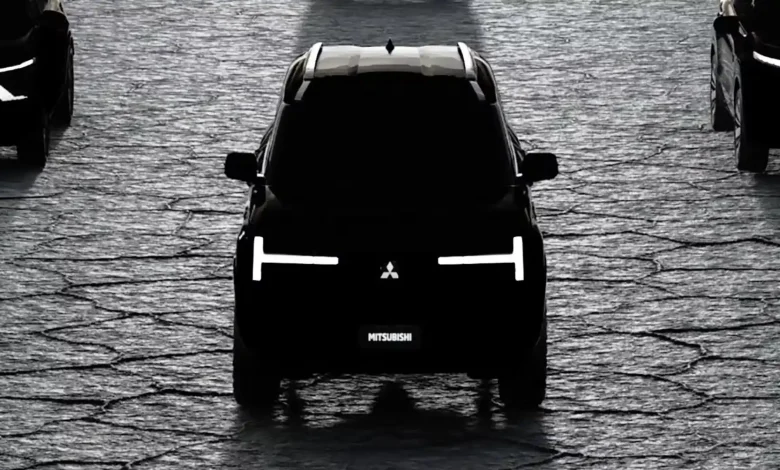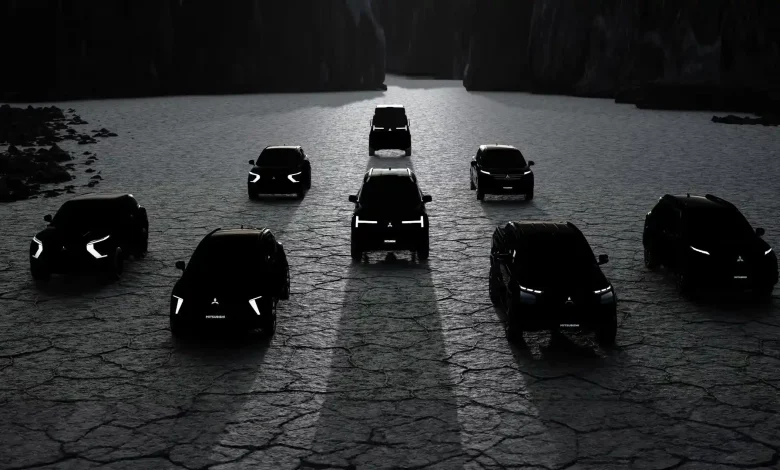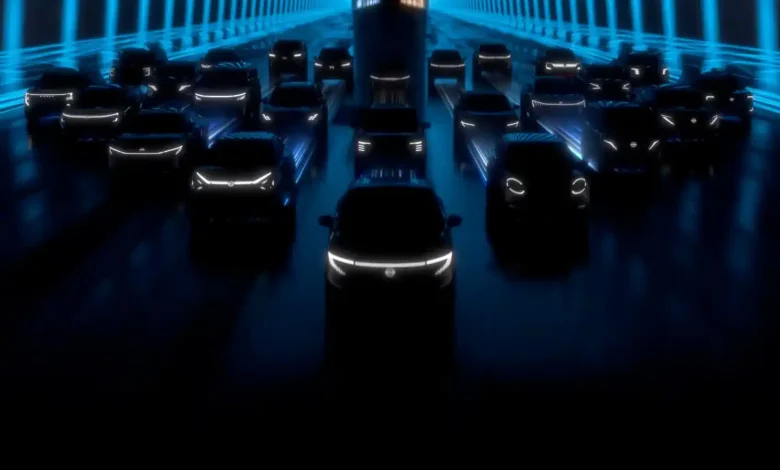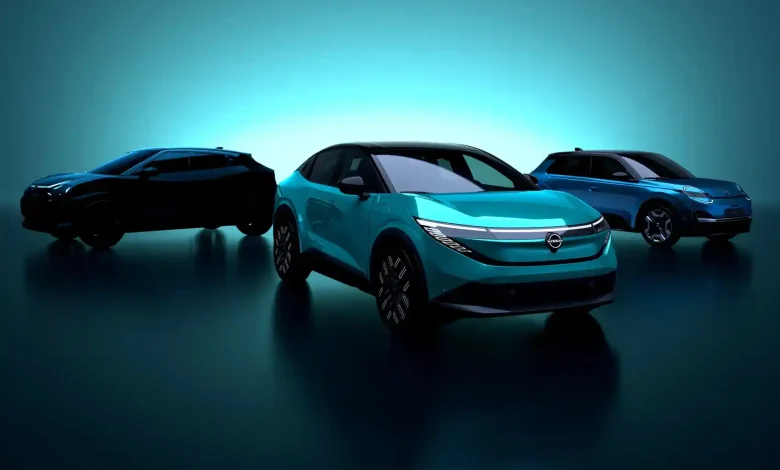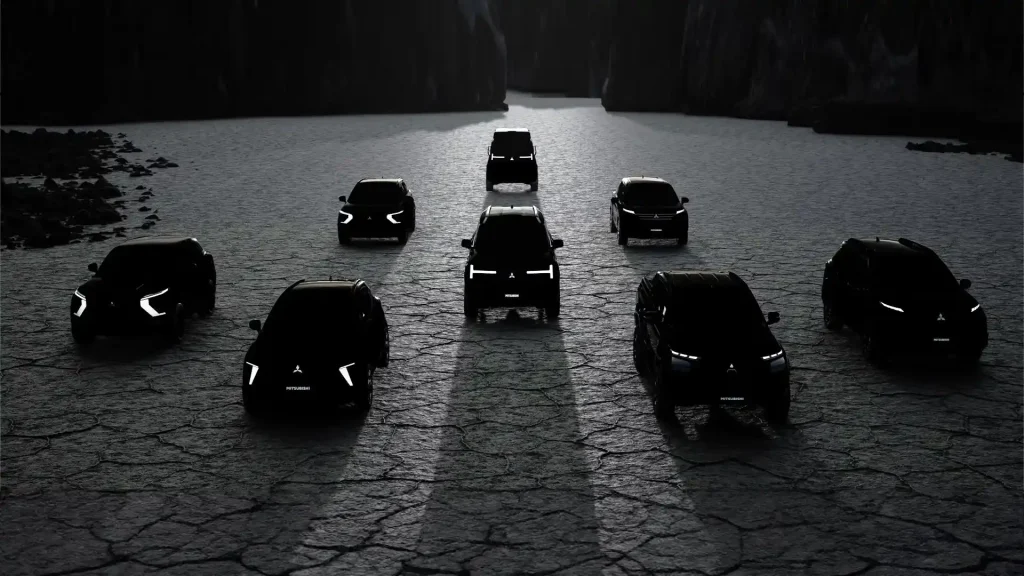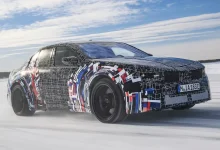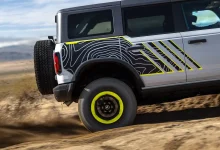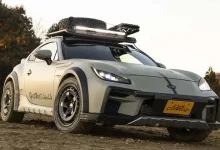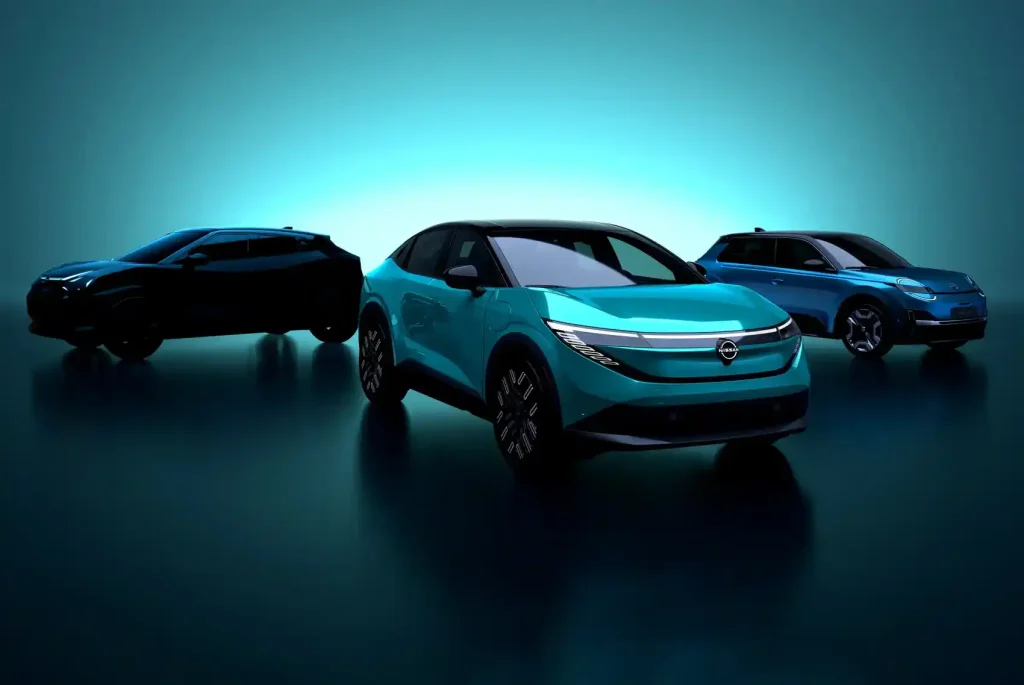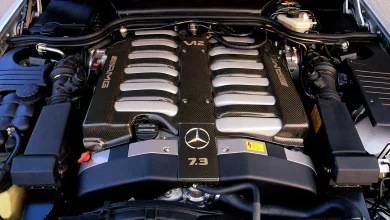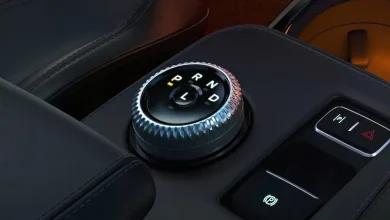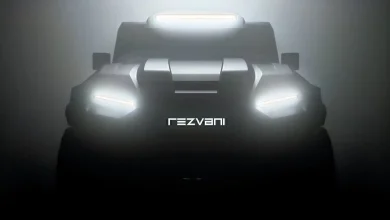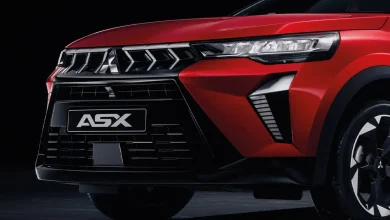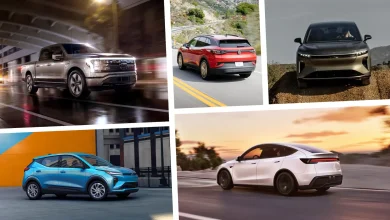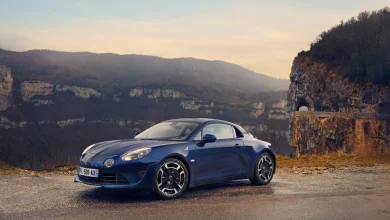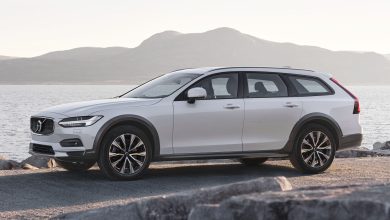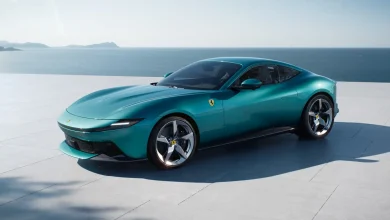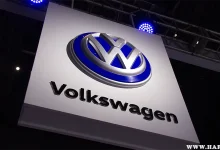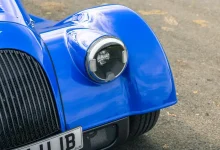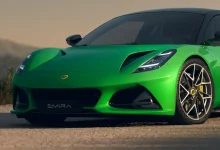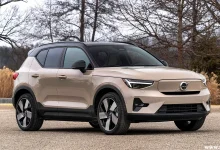Mitsubishi is undergoing a significant product revival, with plans to introduce a new or significantly revised vehicle model every year from 2026 to 2030. The first of these models is an all-electric vehicle, based on Nissan’s platform. While Mitsubishi’s first EV in the U.S., the i-MiEV, might not be remembered fondly, it marked the brand’s initial foray into the electric market. The i-MiEV, with a name that sounded more like a virtual assistant than a car model, resembled more of a golf cart or a low-speed neighborhood vehicle than a fully-fledged automobile. Despite its shortcomings, the i-MiEV served as an early attempt at electric mobility, and Mitsubishi is now aiming to make a much stronger impact with its upcoming, more refined electric models. This new vehicle represents a bold step in Mitsubishi’s efforts to become a key player in the future of electric cars.
Mitsubishi’s upcoming EV will certainly be a true car, as it will be based on the very real 2026 Nissan Leaf. It’s rare for corporate partners, like Mitsubishi and Nissan, to openly acknowledge sourcing a model from another company. However, Mitsubishi has made it clear that their new EV will share its foundation with the next-generation Leaf. This partnership highlights Mitsubishi’s confidence in leveraging Nissan’s established electric platform to create a vehicle that aims to compete in the growing EV market. The move marks a significant step in Mitsubishi’s product renaissance, signaling their commitment to electrification and the future of sustainable driving.
Mitsubishi Motors has announced a collaboration with its Alliance partner, Nissan Motor Co. Ltd., to introduce a battery electric vehicle (BEV) in the United States and Canada. This upcoming model will be based on the next-generation Nissan Leaf. Set to launch in the summer of 2026, the new BEV will be available through Mitsubishi’s dealer network across both countries. This partnership marks a significant step in Mitsubishi’s commitment to expanding its electric vehicle offerings and tapping into the growing EV market in North America. The vehicle will combine Mitsubishi’s expertise with Nissan’s established electric platform, offering consumers a new option in the rapidly evolving electric vehicle landscape.
If you take a close look at the photo above, you’ll notice distinct similarities between the darkened Mitsubishi EV and the upcoming Nissan Leaf, especially in the headlight design and overall vehicle shape. However, just like the current Outlander, which is based on the Nissan Rogue SUV, the Mitsubishi version will likely maintain enough visual differences to stand out. While sharing a platform with the Leaf, Mitsubishi will ensure the new EV has its own unique design identity, catering to its brand’s style and customer expectations. This subtle yet clear distinction between the two models demonstrates Mitsubishi’s commitment to preserving its individual aesthetic while leveraging Nissan’s electric technology.
Details about the new Mitsubishi EV remain limited, much like the upcoming Nissan Leaf, which has only been partially revealed by Nissan. However, expectations are high for the Mitsubishi, with predictions suggesting at least 300 miles of range. Additionally, the vehicle is expected to feature compatibility with Tesla Superchargers, thanks to the inclusion of a built-in NACS charge port. While specifics about both the Mitsubishi EV and the Leaf are still under wraps, more information is anticipated later this year. As the release dates approach, more details about these electric vehicles will emerge, offering a clearer picture of their capabilities and features.
